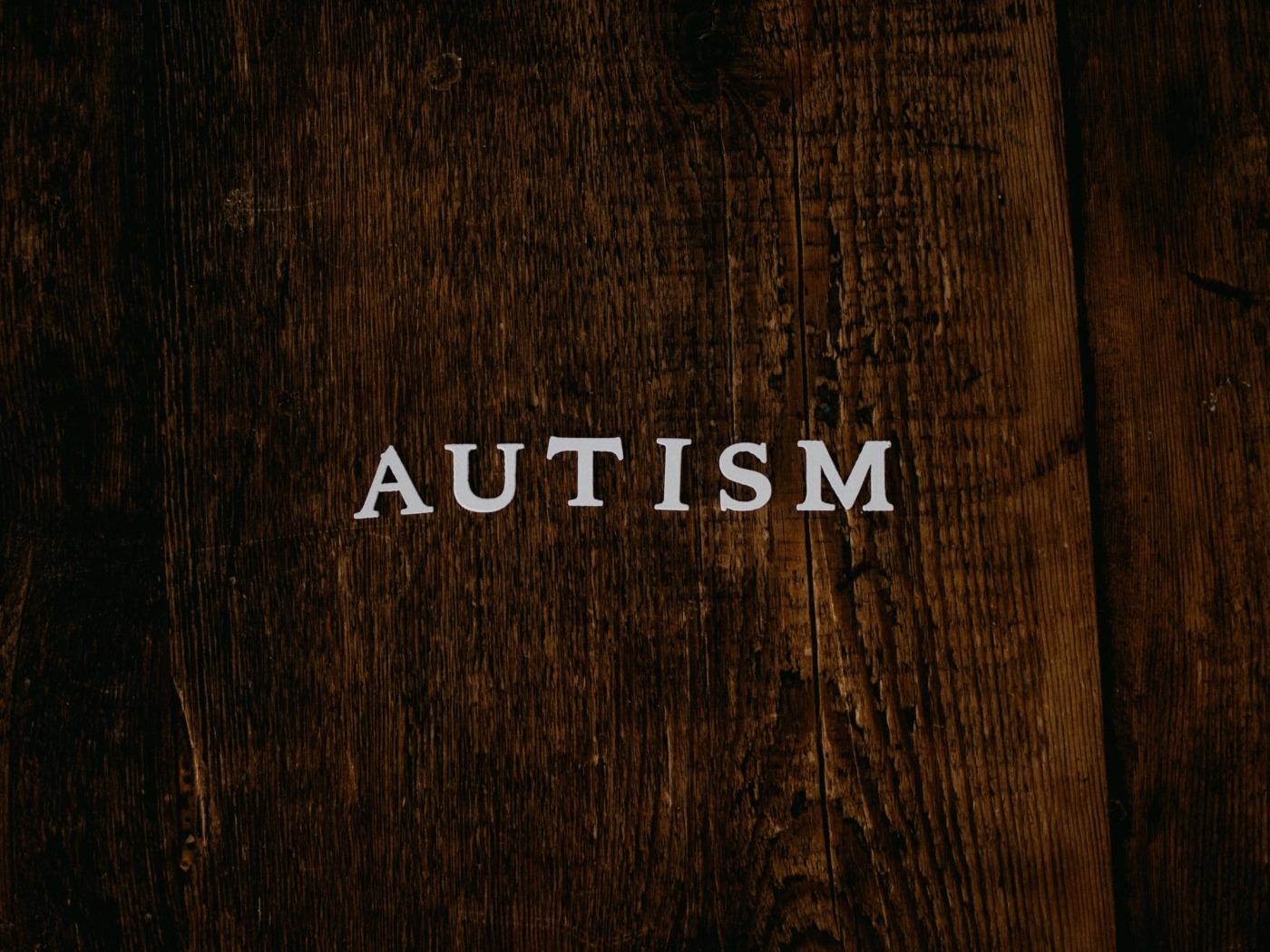Huge autism spectrum disorder (ASD) study suspended
Spectrum 10K gained public attention as the largest study of autism spectrum disorder (ASD) in the UK. Leading this £3 million investigation is Simon Baron-Cohen, a world expert on autism and director of the University of Cambridge’s Autism Research Centre.
Launched earlier this year, the study has potential to improve the well-being of autistic people and their families. The project has received support from some people in the autistic community, though there have been some concerns regarding the intentions of the research and the value that the team have placed on protecting the participants involved.
In a society where ASD is still heavily stigmatized, the collection and use of genetic data from 10,000 autistic individuals in the Spectrum 10K study has driven fears of eugenic attempts to ‘cure’ or eradicate the condition. This comes after a similar situation within the Down’s syndrome community, which has seen a huge fall in its population due to a rise in prenatal testing.
There have been some concerns regarding the intentions of the research
Researching ways to increase acceptance of the disability and to improve the adjustments and support available for the community would help with alleviating the difficulties associated with ASD. However, such approaches to improve the quality of life of autistic individuals do not appear dependent on the analysis of genetic data. This suggests that the study believes the need for this personal information to be more important than improving the quality of life for autistic people today.
Baron-Cohen claims that his investigation strongly opposes eugenic principles. He suggests that ASD is unlikely to be eradicated as its diagnosis depends on behaviour and therefore it cannot be diagnosed prenatally. However, Spectrum 10K have yet to provide explanations as to how exactly the analysis of participants’ DNA, medical information, and questionnaires will translate into improving the well-being of autistic people.
Criticism against the study also targets its disregard for the necessity to engage with people on the spectrum during the designing of the investigation. As a result, Spectrum 10K has been completely designed through a neurotypical lens and was approached entirely from the team’s ‘presumptions’ of what would be valuable for autism in society. It therefore fails to represent the autism community’s actual needs.
In a statement made on September 10 2021, Baron-Cohen states: “From the feedback we have received from autistic people, their families, and charities we can see that we need much wider consultation, that we were not clear enough about the purpose of the study, and that aspects of our study need further discussion.”
He goes on to say that the recruiting of new participants into the project will be paused and data already collected will not be genetically analysed until after a consultation with the autistic community addressing their concerns and receiving suggestions on how to improve the study.
The team’s acknowledgement and acceptance of the concerns does provide some relief, yet the slowness of response and lack of foresight does little to restore faith in the study.
Their failure to include the autism community suggests that improving support for autistic people and their families is not the study’s priority. Instead, Spectrum 10K’s primary focus appears to be discovering the genetic factors for the condition. This is reflected in how the collection and analysis of genetic data is central to the study’s method and progression.
Issues with diagnosis, education, and employment, amongst other things, are challenges that autistic people currently face. Due to the study’s methods, the autism community may be waiting over a decade until it is complete and until the research shows any contributions to their welfare. This further reflects the project’s failure to directly target the most urgent and existing needs of people on the autism spectrum and their families.
It is still unclear as to how the research will benefit the ASD community. The uncertainty regarding how the research may be used in the future and the effects of this on the autism community continue to cause anxiety. As for now, Spectrum 10K remains on hold, mirroring the many questions and concerns regarding its purpose and methods that remain unanswered.

Comments